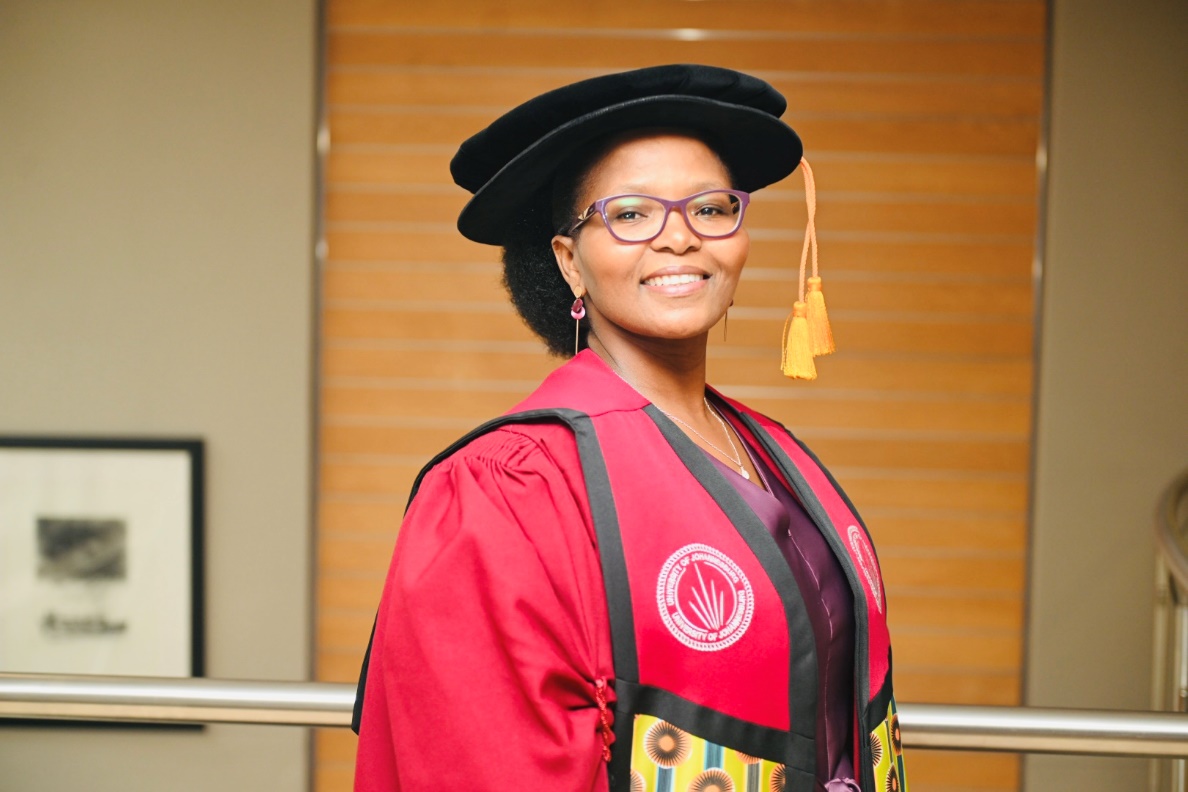In a session focusing on global challenges in talent development, delegates heard that more than two billion unskilled and semi-skilled workers around the world were jobless. Furthermore, the world is desperately short of skills in management ranks, requiring 92 to 93 million highly skilled personnel in this sphere. This shortage included a lack in leadership; Africa alone required more than five million business leaders to support its current growth rate.
Head: Department of Industrial Psychology and People Management at UJ, Prof Theo H Veldsman, pointed out the tensions between developed and developing countries. “Developed countries are greying and experiencing declining levels of talent. The developing countries have young, increasing populations, and large reserves of future talent. Both sides are now employing across national boundaries and the world is becoming one talent pool,” he said.
Prof Veldsman also pointed out that the world not only faced a talent crisis, the crisis extended to the talent profile. The accelerated pace of change made it difficult to predict what type of talent would be needed in the future – not only in a technical and professional capacity, but also the aspects of personal attributes, mind-sets, values and conduct.
Panellist Maling Ebrahimpour, Dean of the School of Business Administration of the University of South Florida-St Petersburg in the USA, backed this up with a caution that “talent needs to changed rapidly with new technology and digital developments occurring on average at six-monthly intervals”.
According to Prof Fred Luthans of the University of Nebraska-Lincoln, USA, psychological capital, or positivity, was a significant missing piece in the puzzle of talent development.
“Students are not trained in the importance of positivity, to build their happiness and well-being. They are told if they work hard they will succeed and be happy. Research indicates the reverse – we become successful when are positive, happy and work hard,” he told the audience.
Central to Luthans’ concept of psychological capital, detailed in his book of the same name, is a balanced connection between three life pillars – relationships, health and work. He believes positivity skills can be taught and have a profound effect on the quality of talent.



